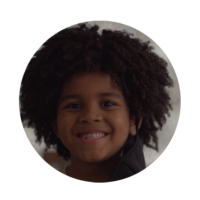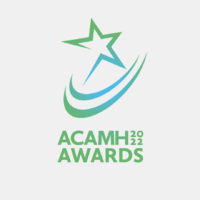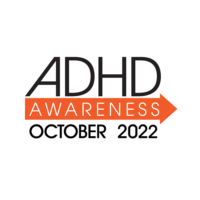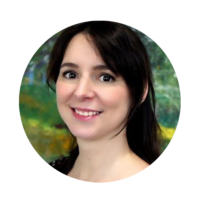Blog
-

Member Report 2021
This 4 minute video gives an overview of our achievements in 2021 and future plans.
Read more -

Anti-Bullying Week 2022: A Priority for All
This Anti-Bullying Week (14 – 18 November), we have gathered a range of FREE learning resources from leading academics, clinicians, and researchers to raise awareness of the impact of bullying on child and adolescent mental health. We encourage you to share with your networks.
Read more -

ACAMH Awards 2022 Results
Congratulations to all winners and nominees of the ACAMH Awards 2022.
Read more -

Celebrating the life and work of Professor Sir Michael Rutter
On 27 June 2022, King’s College London welcomed friends, family and colleagues from across the globe to share Sir Michael’s impact on them, their work, and the field of child psychiatry.
Read more -

Mental Health and Wellbeing – A Global Priority
This World Mental Health Day (10 October) we have gathered a range of FREE learning resources from leading academics, clinicians, and researchers to raise awareness of the importance of making child and adolescent mental health and wellbeing a global priority.
Read more -

ACAMH Awards 2022 Nominees Shortlist
It is our great pleasure to announce the shortlist of nominees for the 2022 ACAMH Awards. See who made the nominees shortlist for the 2022 ACAMH Awards.
Read more -

Peer Review; Importance, Impact, Integrity
In celebration of Peer Review Week 2022, we asked Andrés Estradé, Research Assistant at Kings College London, about Peer Reviewing.
Read more -

ADHD Awareness Month 2022; Understanding a Shared Experience
This ADHD Awareness Month, we encourage you to explore the learning opportunities available on our website, and to share with your networks. Together we can correct misunderstandings, educate the wider public, and highlight the lived, and shared, experience of young people with ADHD.
Read more -

ADHD, A Young Person’s Guide
Hosted by Dr. Blandine French, this podcast series focuses on attention-deficit/hyperactivity disorders (ADHD) and is designed to help young people and their families. We are delighted to produce this podcast series in partnership with Clinical Partners, the UK’s largest private mental health partnership.
Read more -

What is Peer Review and why is it important?
Emma Soneson, postdoctoral researcher at the University of Oxford, explains what Peer Reviewing is and why is it important.
Read more
